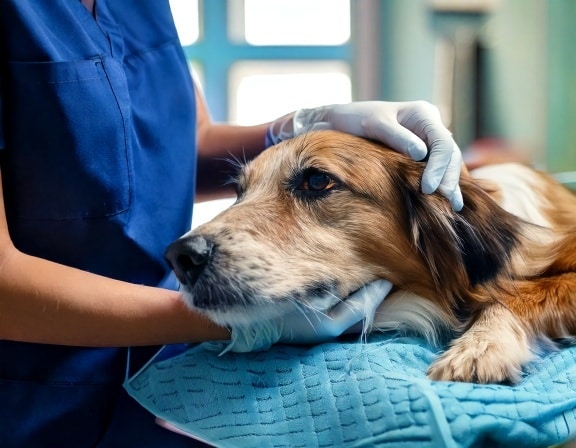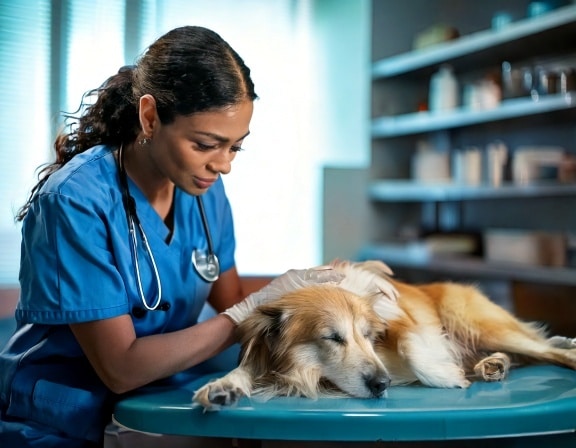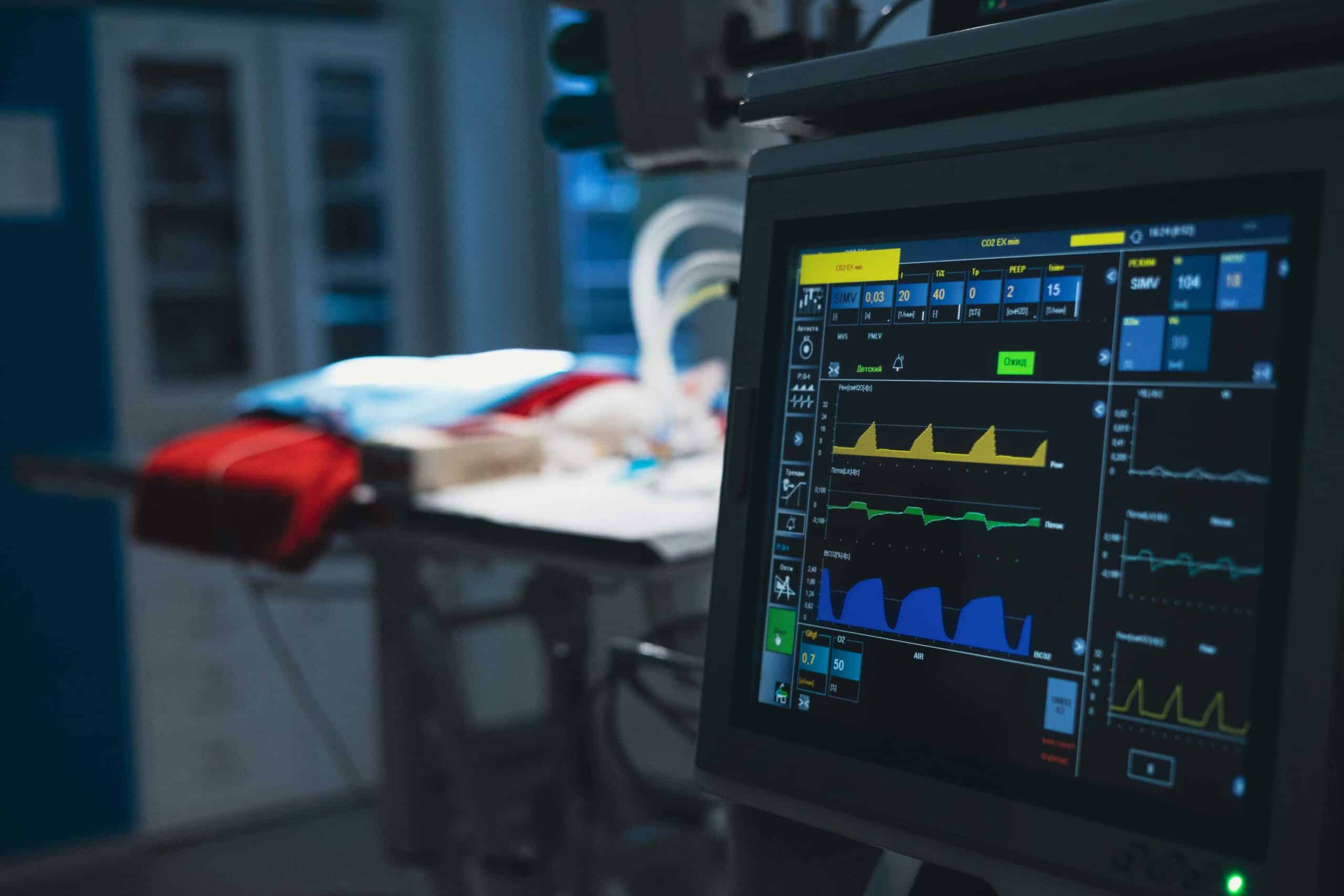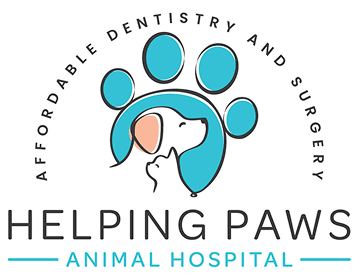
Anesthesia and Pre-Operative Care for Referred Patients
Patient safety is paramount. At Helping Paws Animal Hospital in Wheat Ridge, CO, we provide comprehensive anesthesia and pre-operative care for referred patients requiring surgical intervention. We collaborate closely with primary care veterinarians to ensure a seamless transition of care, from pre-anesthetic evaluation to post-surgical recovery.
Our facility is equipped with advanced anesthetic monitoring, and our protocols prioritize patient safety to mitigate risks associated with general anesthesia. By entrusting us with your patients, you gain a reliable surgical partner dedicated to optimizing surgical outcomes through evidence-based practices.
Why Choose Helping Paws Animal Hospital for Surgical Anesthesia?
At Helping Paws Animal Hospital, we provide specialized surgical and anesthetic care for referred patients, ensuring optimal safety, individualized protocols, and seamless communication with referring veterinarians.
The Importance of Pre-Anesthetic Bloodwork
Pre-anesthetic bloodwork plays an important role in patient safety, helping identify underlying conditions that may affect anesthesia response. At Helping Paws Animal Hospital, we conduct thorough pre-anesthetic evaluations to assess organ function, clotting ability, and electrolyte balance, allowing us to tailor anesthetic protocols and minimize risks.

Identifying Hidden Health Risks Before Anesthesia
Many systemic diseases are not outwardly visible but can impact anesthesia safety. Pre-anesthetic testing helps detect:
By identifying these risk factors in advance, we can adjust anesthetic plans to improve patient safety and recovery.
Key Pre-Anesthetic Blood Tests
Our pre-anesthetic panel includes:
These tests ensure we have a full picture of the patient’s health, reducing the likelihood of anesthesia-related complications.
Pre-anesthetic evaluations are important for patient safety, allowing us to tailor a personalized anesthetic plan. By analyzing bloodwork and patient history, we can adjust drug selection, implement pre-op fluid therapy, utilize specialized monitoring, and provide tailored post-operative care, all of which minimize risks and ensure a smoother, safer surgical experience for your pet.
Through this individualized approach, we reduce risks, enhance surgical outcomes, and support a smoother recovery.
Anesthetic Monitoring: Prioritizing Patient Safety
At Helping Paws Animal Hospital, we go beyond simply administering anesthesia—we provide continuous, real-time monitoring to ensure stability, safety, and optimal outcomes. Our dedicated anesthesia team tracks each patient’s vitals throughout surgery, allowing for immediate adjustments and intervention if needed.
Advanced Monitoring for Every Patient
We use state-of-the-art monitoring technology to assess important functions in real time, including:

Customized Monitoring for High-Risk Patients
Certain pets require specialized monitoring and anesthesia modifications, including:
Ensuring a Safe & Smooth Recovery
Anesthetic care doesn’t end when surgery is complete—recovery is just as critical. Our post-anesthetic monitoring includes:
Helping Paws Animal Hospital partners with referring veterinarians, offering comprehensive pre-anesthetic evaluations, advanced monitoring, tailored anesthesia, and post-op communication. We ensure expert, safe care for your referred patients from start to finish.
Why Anesthesia-Free Procedures Are Not a Safe Alternative
While some pet owners worry about anesthesia risks, anesthesia-free procedures are not a safe or effective option for dental cleanings, tumor removals, or surgeries. At Helping Paws Animal Hospital, we emphasize that general anesthesia is important for ensuring pain-free, thorough, and stress-free treatments.
Risks of Anesthesia-Free Procedures
For dental procedures, tumor excisions, and orthopedic surgeries, general anesthesia remains the gold standard for patient care.
Collaborating with Referring Veterinarians
Helping Paws Animal Hospital serves as a trusted surgical extension of general veterinary practices, offering specialized surgical and anesthetic care while ensuring continuity of patient care. Our surgical and anesthesia protocols are designed to:
Risks of Anesthesia-Free Procedures
We encourage referring veterinarians to contact us for case discussions, surgical referrals, and pre-operative consultations.
Our Referral Process
At Helping Paws Animal Hospital, we make the referral process efficient and seamless, ensuring clear communication and coordinated care for both referring veterinarians and pet owners.
Steps to Refer a Patient
For more details on our anesthesia protocols, surgical capabilities, and referral process, please get in touch.

Your Trusted Surgical Partner in Wheat Ridge, CO
At Helping Paws Animal Hospital, we are committed to supporting general practice veterinarians by offering specialized anesthesia and surgical care. Our focus on patient safety, advanced monitoring, and seamless case management makes us the trusted choice for veterinary referrals in Wheat Ridge, CO. Contact us for referrals or case discussions.
Do You Have More Questions?
Call Us
(303) 537-7209
Frequently Asked Questions About Anesthesia And Surgical Referrals
What types of procedures do you perform under general anesthesia?
We provide anesthesia for soft tissue and orthopedic surgeries, as well as dental procedures, mass removals, and emergency interventions.
How do you determine if a patient is fit for anesthesia?
Every patient undergoes a thorough pre-anesthetic evaluation, including bloodwork and physical assessment, to tailor the safest anesthetic protocol.
What pain management strategies do you use?
We employ multimodal pain management, combining opioids, NSAIDs, local anesthetics, and CRIs for effective pain relief before, during, and after surgery.
How do you communicate with referring veterinarians?
We provide pre-operative consultations, intraoperative updates, and post-operative reports to ensure continuity of care with the referring veterinarian.
Do you offer anesthesia for high-risk patients?
Yes. We tailor specialized anesthetic protocols for geriatric, brachycephalic, and high-risk patients, ensuring close monitoring and risk mitigation.
